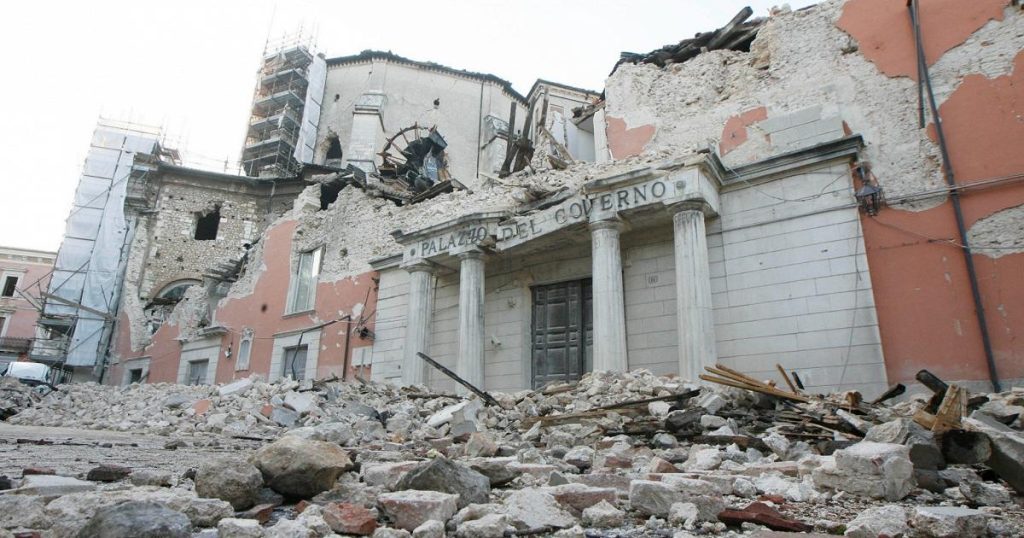The latest draft of the decree regarding the stop to the discount on invoices and the assignment of credit provided by the Superbonus will not apply to properties damaged by earthquakes in Abruzzo, Lazio, Marche, and Umbria that occurred on April 6, 2009 and after August 24, 2016. This exemption is limited to 400 million euros for the year 2024, with 70 million allocated for the earthquakes on April 6, 2009. The introduction of this legislation sparked concern about its potential impact on the reconstruction efforts in the affected areas. The lack of initial clarification on how the measure could be exempted specifically for earthquake-stricken zones presented challenges for the government and the center-right in addressing the electorate of those regions.
Following the enactment of the new decree, a discussion ensued on potential challenges in keeping costs under control, especially with over 30,000 housing units in central Italy needing reconstruction. The modification to the decree is expected to alleviate some of the difficulties in passing the legislation through Parliament and converting it into law. However, there are still obstacles to overcome. Forza Italia has consistently advocated for a broader flexibility in implementing the Superbonus, suggesting a more comprehensive approach. Opposition parties also support a softer stance and push for exemptions to be granted to the Third Sector. The Forum has highlighted the importance of fiscal incentives for Third Sector-owned structures in achieving the necessary improvements for environmental sustainability and energy cost containment.
In light of the ongoing discussions in Parliament, Antonio Tajani, President of Forza Italia, emphasized the need for improvements to be made for the earthquake-affected areas. With the recent changes made to the decree, it is hoped that the challenges faced in passing the legislation will be mitigated. However, there remains uncertainty surrounding the final outcome. Forza Italia has consistently expressed its desire to see a stop to the Superbonus with a more flexible approach. The opposition parties are also advocating for a more lenient stance and are pushing for exemptions to be granted to the Third Sector, recognizing the difficulties in making necessary improvements without fiscal incentives.
The modification to the decree aims to address concerns regarding the potential hindrance to the reconstruction efforts in earthquake-hit regions. By setting a spending limit of 400 million euros, with a specified allocation of 70 million for the 2009 earthquakes in Umbria and Marche, the decree seeks to provide a framework for managing costs and ensuring the effective implementation of the legislation. The responsibility for ensuring compliance with the spending limit and monitoring the availability of funds falls to the Special Commissioner for Reconstruction, Guido Castelli, who will rely on data from the National Portal of Seismic Classifications managed by the Department of Casa Italia of the Prime Minister’s Office.
Ultimately, the discussions in Parliament highlight the importance of balancing the need for fiscal prudence with the imperative of supporting the reconstruction efforts in earthquake-affected regions. While the recent modifications to the decree aim to address some of the concerns raised, further refinements may be necessary to ensure the effective implementation of the legislation. As stakeholders continue to engage in dialogue and debate, the focus remains on finding a solution that strikes the right balance between ensuring financial sustainability and providing the necessary support for reconstruction efforts in earthquake-stricken areas.















